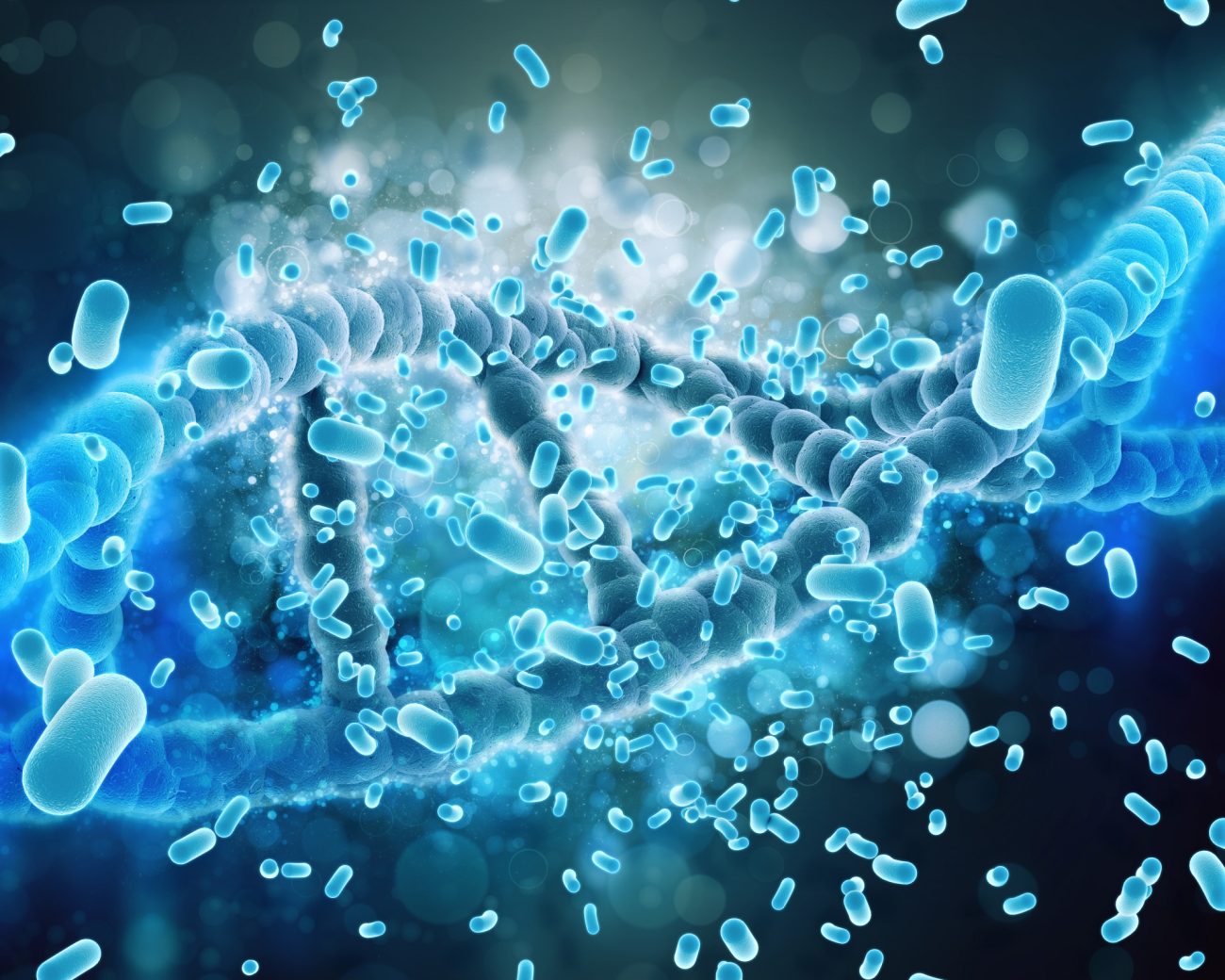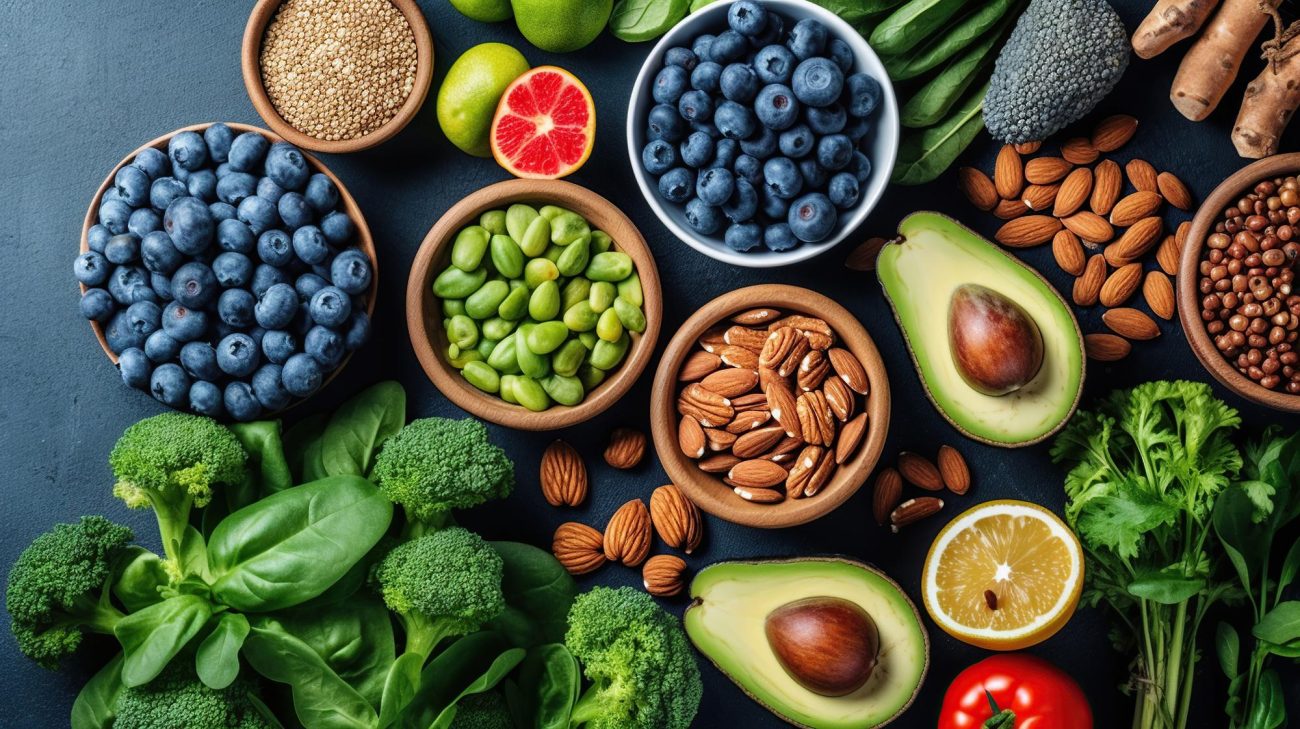Our understanding of the intricate balance between our bodies and the countless microorganisms that inhabit them has been growing significantly over the past few years. A central part of this microbial community, probiotics, have garnered much attention for their potential role in enhancing digestive health.
Probiotics are beneficial bacteria and yeasts that reside in our body, particularly in the gut. The term ‘probiotic’ translates to ‘for life’, underscoring their critical role in maintaining our well-being.
The digestive tract is more than just a processing unit for food. It is a complex ecosystem bustling with trillions of microorganisms – a microbial metropolis if you will. Probiotics are the good citizens of this city, contributing to its smooth functioning and overall health.
So, how exactly do probiotics contribute to digestive health?
Firstly, probiotics help maintain a healthy balance in your gut. They counteract harmful bacteria and other pathogens, preventing them from multiplying and causing disease. By doing so, probiotics help maintain a healthy digestive system and boost our overall immunity.
Secondly, probiotics aid in the digestion of food. Some probiotic strains assist in breaking down specific food components, such as carbohydrates and proteins, enhancing nutrient absorption. They also aid in the synthesis of certain vitamins, including vitamin B and K, playing a crucial role in our nutritional health.
Furthermore, probiotics have been found to alleviate symptoms of certain digestive disorders. Studies suggest that specific strains of probiotics can help manage conditions such as irritable bowel syndrome (IBS), inflammatory bowel disease (IBD), and antibiotic-associated diarrhea. Probiotics help reduce inflammation and restore the normal functioning of the gut in these conditions.
Emerging research also points to the role of probiotics in gut-brain communication, often referred to as the ‘gut-brain axis’. Some studies suggest that probiotics may help manage mental health conditions like depression and anxiety, opening up exciting new avenues in the realm of ‘psychobiotics’.
Integrating probiotics into your diet can be achieved through foods like yogurt, kefir, sauerkraut, kimchi, and certain types of cheese, which naturally contain these beneficial microbes. Probiotic supplements are also an option, especially for specific strains that might be difficult to obtain from food alone.
However, it’s important to remember that not all probiotics are created equal. Different strains offer different benefits, and what works for one person may not work for another. Therefore, it is essential to consult with a healthcare provider or a dietitian before starting a probiotic supplement regimen.
In conclusion, probiotics are essential contributors to our digestive health, performing a myriad of functions from boosting immunity to aiding in nutrient absorption. As we continue to explore the bustling microbial city within our gut, it becomes increasingly clear that these microscopic allies have macroscopic implications for our health. The burgeoning field of probiotics holds promising potential for improving our digestive health and beyond, and perhaps even redefining our understanding of human health.








Leave a comment